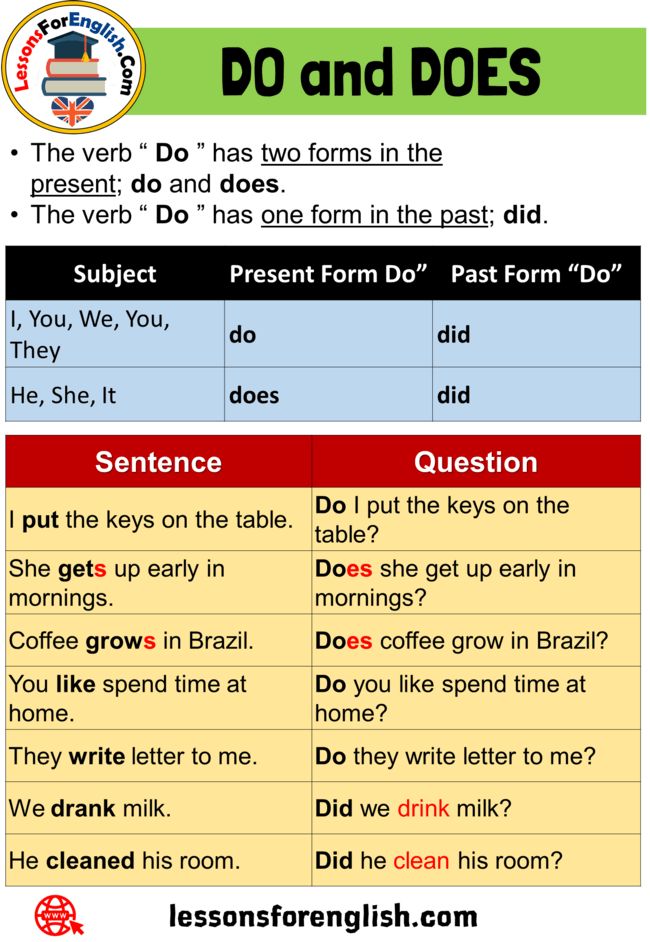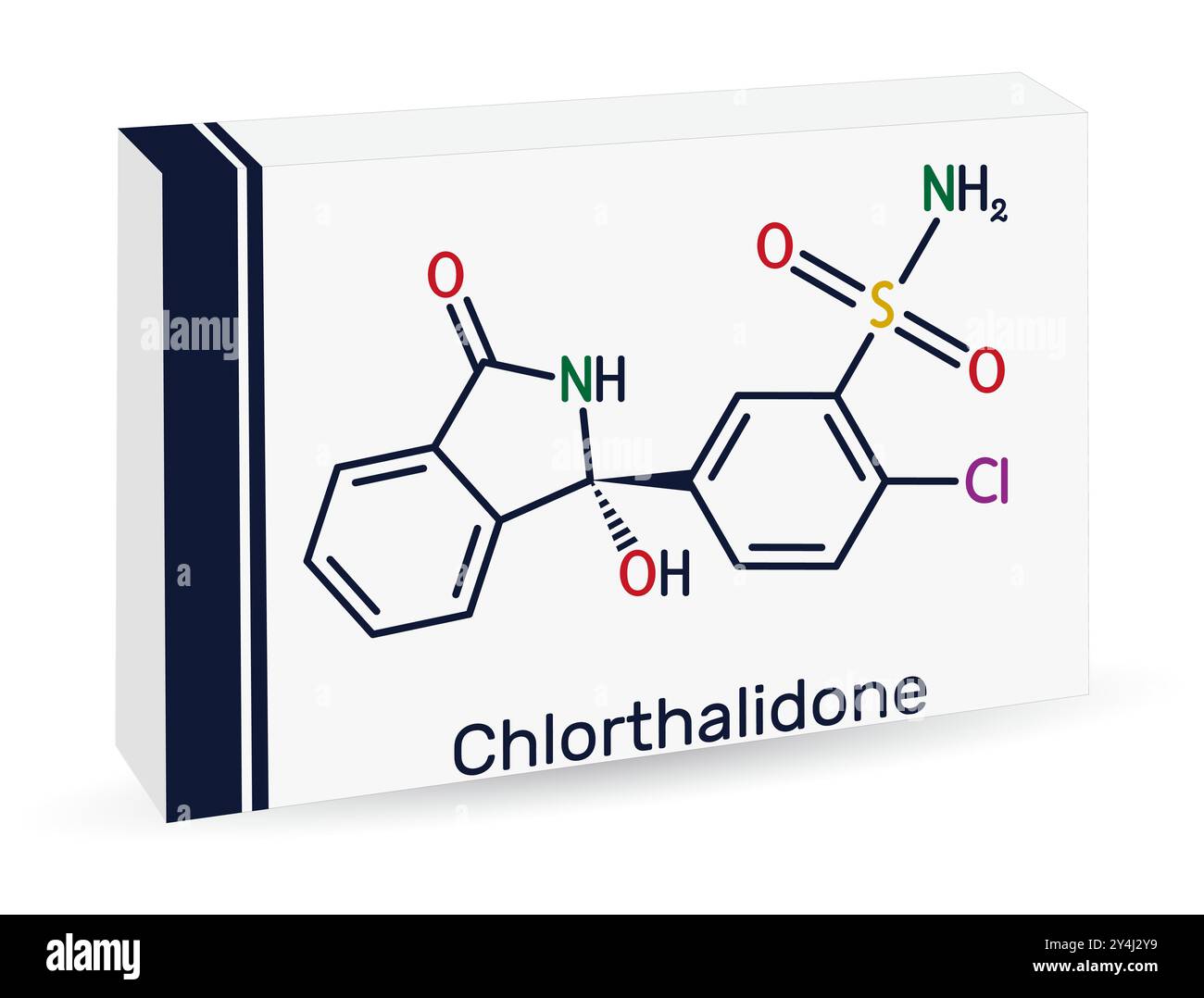How Do I Quit Drinking

Quitting drinking can be a challenging and complex process, but with the right mindset, support, and strategies, it is achievable. For many, drinking can start as a social activity or a way to unwind, but it can quickly spiral into a habit that’s hard to break. Understanding the reasons behind your desire to quit is a crucial first step. Whether it’s due to health concerns, personal relationships, legal issues, or simply a desire for a healthier lifestyle, recognizing your motivations can help strengthen your resolve.
One of the most effective ways to begin your journey is by consulting a healthcare professional. They can provide guidance tailored to your specific situation, including the potential risks of withdrawal and how to manage them safely. For some, quitting cold turkey might be feasible, but for others, especially those with a history of heavy drinking, a supervised detoxification process might be necessary to avoid severe withdrawal symptoms.
Understanding Withdrawal
Withdrawal from alcohol can range from mild to severe and, in some cases, can be life-threatening. Symptoms can include anxiety, depression, fatigue, insomnia, and in severe cases, seizures and delirium tremens. The severity of withdrawal depends on how much and how often you drink. If you’re a heavy drinker, it’s crucial to seek medical advice before quitting.
Strategies for Quitting
Set Clear Goals: Define why you want to quit and set specific, achievable goals. This could be quitting altogether or reducing your intake to a level that you consider safe and healthy.
Get Support: Joining a support group, such as Alcoholics Anonymous (AA), can provide a community of people who understand what you’re going through and can offer valuable advice and encouragement. Family and friends can also play a significant role in your recovery.
Find Healthy Alternatives: Engage in activities that bring you joy and help distract you from the urge to drink. This could be exercise, hobbies, spending time with non-drinking friends, or learning something new.
Manage Triggers: Identify situations that make you want to drink and develop strategies to avoid or cope with them. This might mean avoiding certain social situations, finding new ways to manage stress, or removing alcohol from your home.
Consider Professional Help: If you find it difficult to quit on your own, consider seeking help from a counselor or therapist. They can provide you with coping strategies and techniques to deal with cravings and underlying issues that may be contributing to your drinking.
Staying Sober
After the initial quitting process, the challenge shifts to maintaining sobriety. This is where having a strong support system, engaging in regular self-care activities, and finding healthy ways to deal with stress and emotions becomes crucial. It’s also important to be patient with yourself and acknowledge that relapse is a common part of the recovery process for many people.
Recovery Tools and Resources
- Mobile Apps: Utilizing apps like Sober Grid, Happify, or Sobriety can provide daily motivation, tracking tools, and community support.
- Online Forums and Support Groups: Even if in-person meetings are challenging, online communities can offer support and advice.
- Books and Literature: Reading stories of others who have overcome addiction can be incredibly inspiring and helpful.
- Professional Counseling: Regular therapy sessions can help you address underlying issues and develop strategies to maintain sobriety.
FAQs
How do I know if I'm addicted to alcohol?
+If you find it difficult to control your drinking, if you need to drink more to achieve the same effects, or if drinking is affecting your relationships and daily life, these could be signs of addiction. Consulting a healthcare professional can provide a more accurate assessment.
What are the benefits of quitting drinking?
+Quitting drinking can lead to improved physical health, including better liver function, reduced risk of certain cancers, and improved mental health, such as reduced symptoms of anxiety and depression. It can also lead to better sleep, more energy, and improved relationships.
How long does it take to detox from alcohol?
+The detox process can vary significantly from person to person, but generally, the acute withdrawal phase can last anywhere from a few days to a week. However, the process of fully recovering from alcohol use and stabilizing can take several weeks to months.
In conclusion, quitting drinking is a journey that requires commitment, support, and the right strategies. It’s a process that can lead to significant improvements in both physical and mental health, relationships, and overall quality of life. With the right mindset and resources, overcoming alcohol addiction is achievable, and the benefits can be life-changing.


